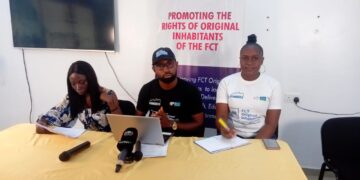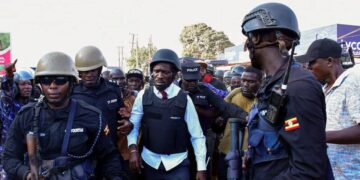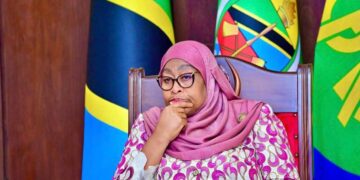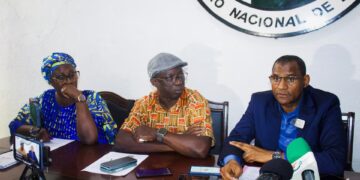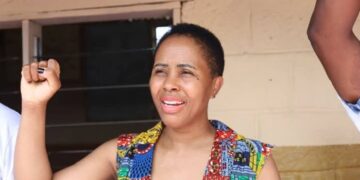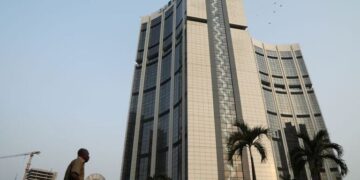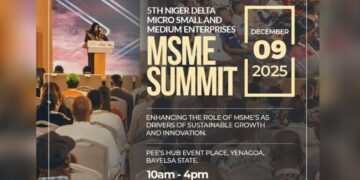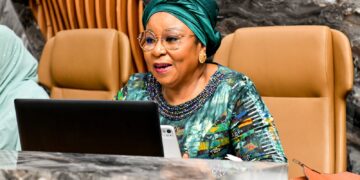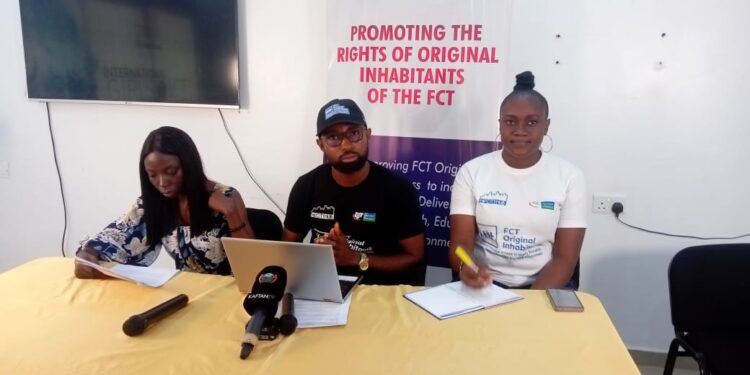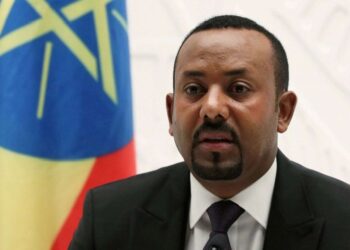By Ebi Kesiena
A research, development and advocacy organization, HipCity Innovation Centre has expressed worry over the dwindling access the basic education in the FCT, especially among the original inhabitants in rural communities of the six area councils.
The centre while noting that this portends a serious danger in efforts increase manpower, build capacity and raise youths capable of being job creators instead of job-seekers urged the Federal Capital Territory Administration to take urgent steps to reverse the trend.
At a briefing in Abuja on Friday to draw the attention of relevant authorities to difficulties encountered by the children of original inhabitants of Abuja in accessing basic education, the centre among other things notes that the depleting infrastructure in most primary and secondary schools in rural communities poses a threat to high enrollment of pupils.
HipCity Innovation Centre stressed that a recent research shows that over 40% of the illiteracy rate in the FCT are largely in far rural communities predominantly occupied by the indigenous people.
“As at today, thousands of original inhabitant children scattered across the over 800 communities that make up of Abuja are out of school, not because of their unwillingness to seek education but because of the unfavourable and uncomfortable learning environments”, Executive Director of the Centre, Mr Bassey Bassey stated.
He noted that the environment for teaching and learning has not been made conducive for the pupils and their teachers, in addition to lack of qualified teaching staff and the needed tools to aid learning.
The centre highlighted that schools have almost been washed away by flood in some rural communities, particularly in North-East Ward Abaji, while students receive lessons sitting on bare floor in places like Zuba Gwagwalada Primary School.
“In other places we have noticed that primary and junior secondary schools now share classrooms, where primary schools operate in the morning and vacate by afternoon to make way for the junior secondary students to receive lectures”, the centre said.
The Centre stated further, “The learning environments in most of these schools are poor, inadequate teachers are also a great concern. In fact, many of the primary and Junior secondary schools in Abuja are taught by volunteers who are not registered professional teachers; there are reported cases of pupils being taught in local languages as against the use of English language being the primary language of instruction.
“On the widely acclaimed free education by the government for pupils in primary and post-primary schools, original inhabitant pupils have complained of the high cost of levies and charges by school administrators either in the guise of “registration or PTA”. These levies and charges also contribute to the reasons why original inhabitant children are missing out on education”.
It therefore appealed to Education Secretariat under the Federal Capital Territory Administration and Universal Basic Education Board to go ahead and carry out the renovation scheme tagged, “100 schools in 100 days”, since the 2022 budgetary allocation has been released as they had promised.
It also called on government prioritise schools in the rural communities and conduct a needs assessment of schools, then construct new classroom blocks as well as associates provide desks where necessary for teaching and learning.
